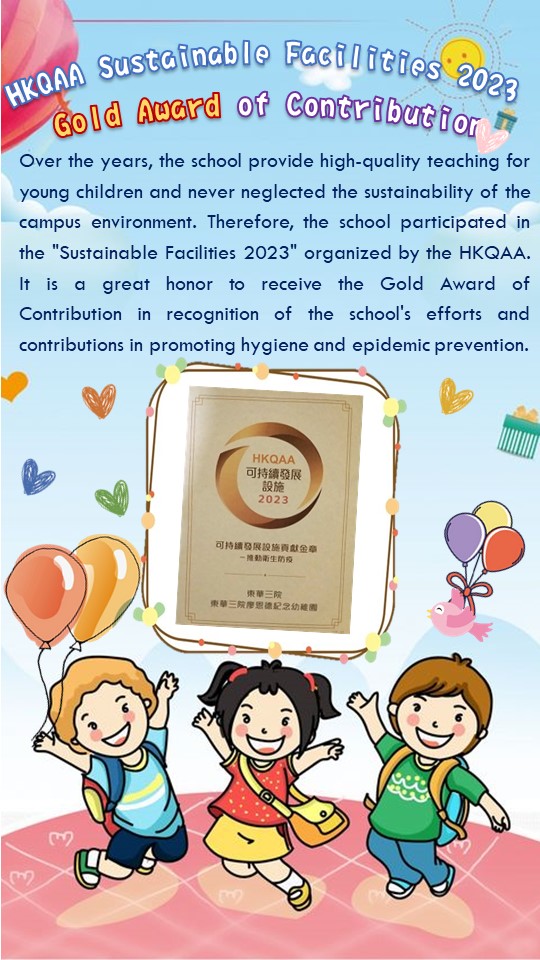Month: August 2023
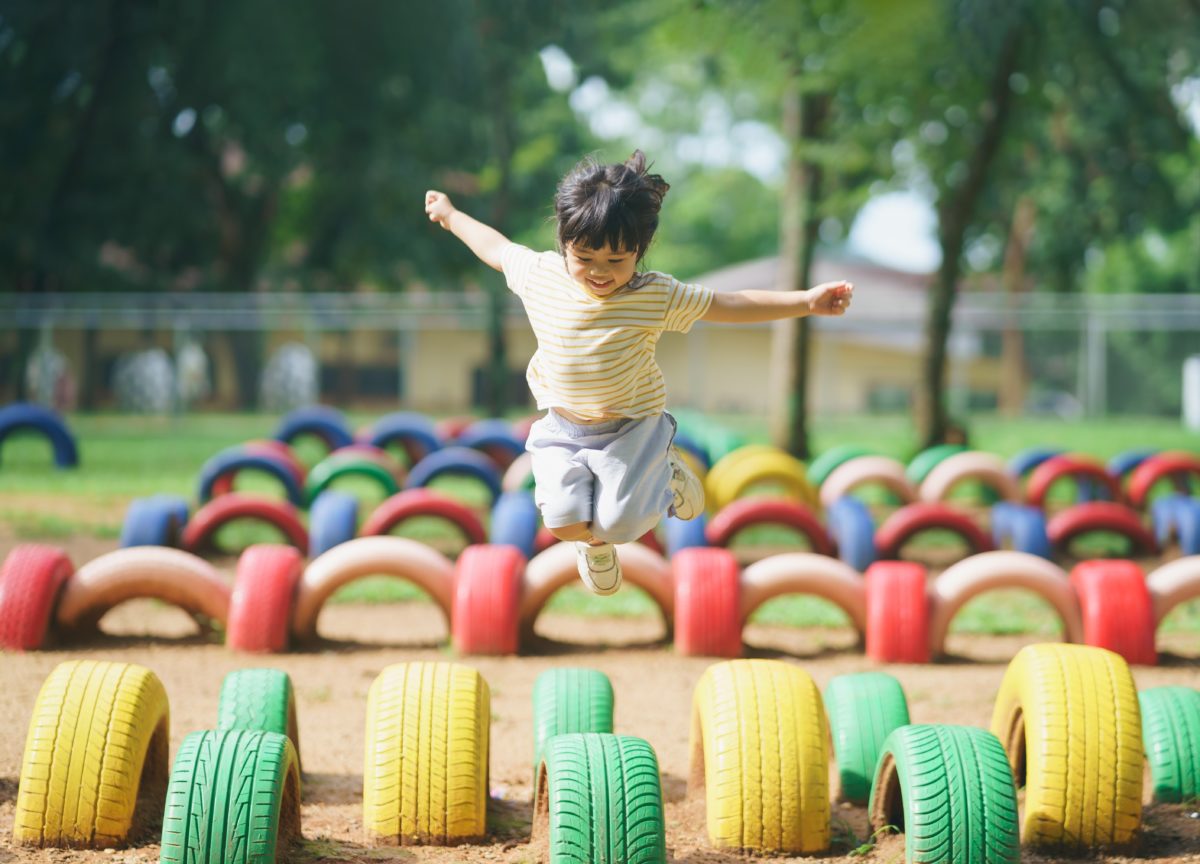
Parenting Tips
August 2023
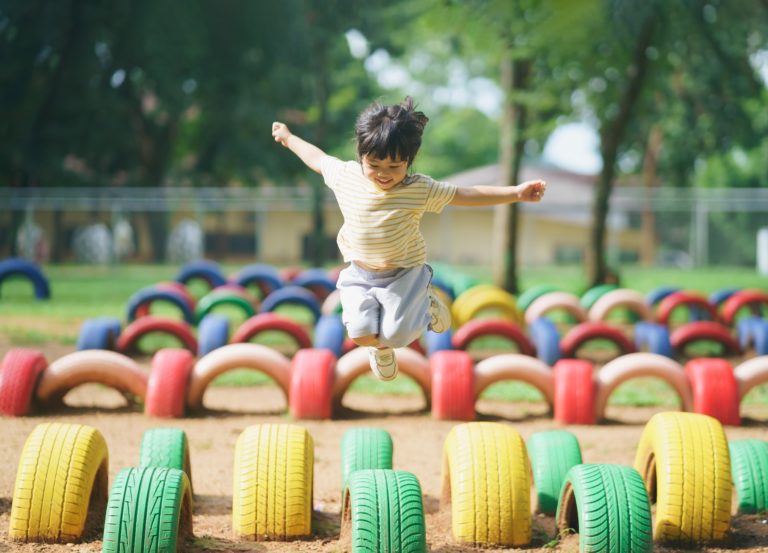
Source: Education expert, Cheung Jok Fong
I attended a lecture by “Warrior of Regeneration,” Miss Yeung Siu Fong, earlier. She shared her experience of losing both hands in an accident at the age of nine. However, she did not give up and instead equipped herself more actively. With hard work, she not only became a swimming athlete in the Asian Games but also started art creation by using her feet in place of hands. She successfully enrolled in the Hong Kong Academy of Arts and became an inclusive artist. In 2011, she was selected as one of the “Ten Most Touching Hong Kong Figures” and became a “Hong Kong Spirit Ambassador” in 2013. After the lecture, I asked some classmates for their opinions, and they all expressed that if they encounter difficulties in the future, they will no longer be afraid because they believe that there is always a way to solve things and they want to face difficulties as positively as Sister Siu Fong.
Cultivating resilience from an early age
In the journey of life, we will inevitably encounter adversities. At that time, how should we face them with the right mentality and approach? Nowadays, parents often invest a lot of effort in their children’s academic performance, hoping that they can “win at the starting line.” However, while pursuing academic excellence, it is equally important to cultivate a spirit of perseverance. Unfortunately, some people choose different ways to escape when faced with difficulties, and some may even be so disheartened that they end their precious lives, which is truly regrettable. As educators, we have a responsibility to help students enhance their ability to cope with adversity, and this resilience needs to be cultivated from an early age.
Three key elements to enhance resilience
Experts point out that there are three key elements to enhance resilience: “optimism,” “efficacy,” and “belongingness.” “Optimism” is easy to understand literally; it means having hope for the future and believing that there is always a way to solve problems. This is the attitude one should adopt when facing difficulties. “Efficacy” includes how to manage emotions and establish problem-solving methods when facing challenges, which represents the ability needed to overcome difficulties. “Belongingness” refers to the care and support from people around the individual in question.

For children, the roles of family members and teachers are especially important. For example, when a child faces academic difficulties, if they can feel the care and support from their parents and teachers, and not be treated with disdain, scolded, or spoken to harshly because of low grades, but instead walk alongside them and seek ways to improve their academic performance, it will make them feel that their family and school are a place of “shelter from the storm.” In short, “belongingness” is the cornerstone for establishing “optimism” and “efficacy,” and it serves as the motivation provided to those facing challenges.
Children are two different beings at home and school?
- Post author By system
- Post date 01/08/2023
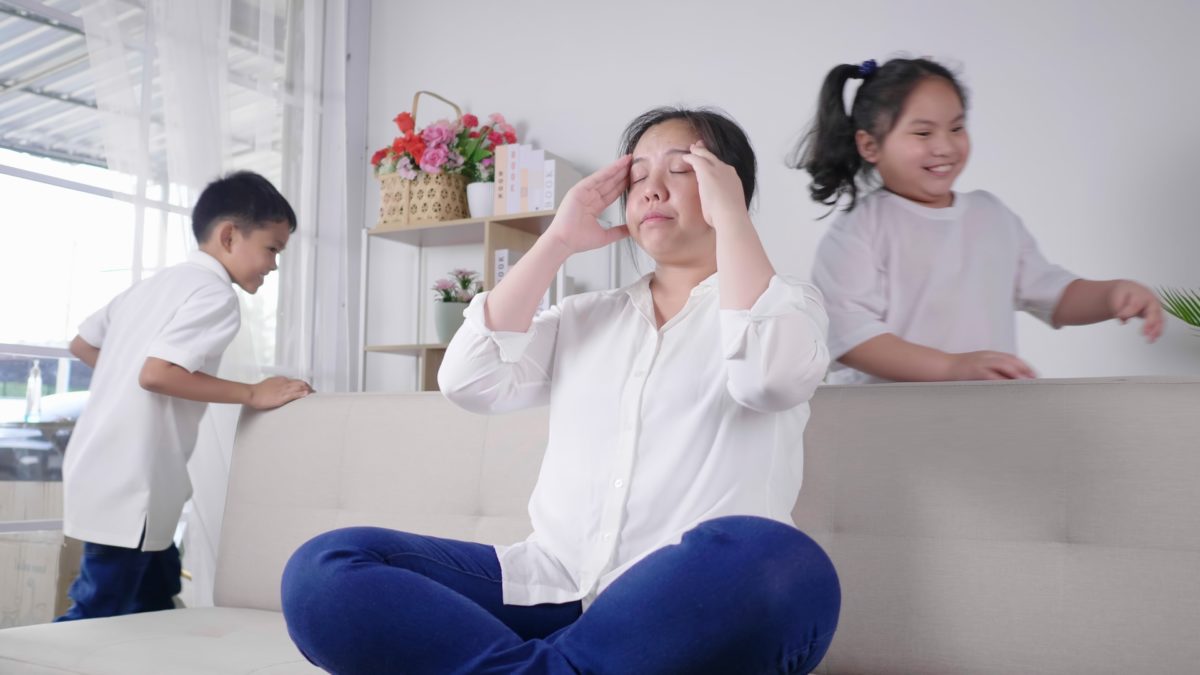
Parenting Tips
August 2023
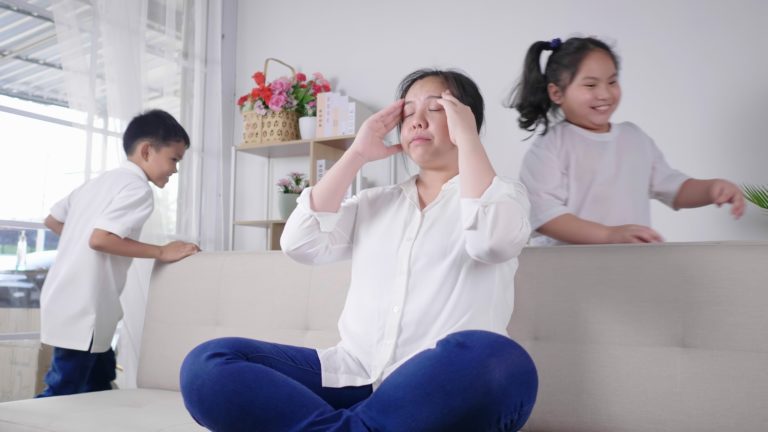
Written by: Dr. Szeto Wing Fu, Chairman of the Hong Kong Institute of Family Education
A teacher asked me, “Many parents seek my advice on education and disciplining their children. As a new teacher with limited life experience, I often feel inadequate in dealing with complex education policies and child-rearing issues. What should I do?”
Every semester, the school arranges one or two opportunities for parents to meet with teachers and discuss their children’s performance at school. As a father, I always strive to attend these meetings together with my wife. After each brief gathering, our son would eagerly ask and want to know what we discussed with the teacher about him. Recently, the teacher mentioned that our son is relatively quiet at school, not very proactive, and often takes on the role of an “observer.” My wife couldn’t wait to say that he is completely different at home, very active and full of “many opinions.” The teacher’s reaction was not surprised but rather smiled continuously, seemingly very accepting of the fact that children can present different sides at home and at school.
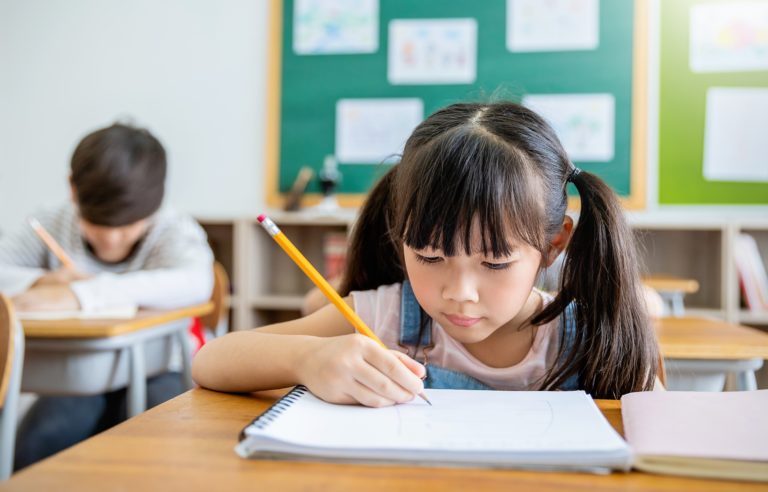
My wife naturally looked at the teacher with expectant eyes, hoping to get some guidance on how to make our child more proactive in the learning environment. Fortunately, I spoke a few “fair” words, recalling how our son was fearful and often a “lone ranger” when he first started school last year. Over the past year, our evening prayers with our son have always included a request to our Heavenly Father to make him braver, and this year he has made much progress. On the way home, I also reminded my wife that there are no standard answers or miraculous remedies for many things, and the teacher, being younger than us and not yet a parent, still has experience in dealing with different children. Therefore, it is most important for parents and teachers to communicate more on the children’s journey of growth.
Embracing Our True Selves
Recently, a parent asked me: “My child is very well-behaved at school, a courteous and exemplary student, but at home, he often throws tantrums. Why does he have such different behaviors in front of others and at home? How should I handle this?”
During the first semester of my son’s primary one, there were two consecutive weeks of “inexplicable” incidents, such as his beloved “Sergeant” watch going missing, books found in the trash bin, exercise books doodled and torn. My wife and I were both baffled and still wanted to unravel the mystery in our hearts: who could be behind these incidents?

On Monday morning, my wife went to the school to discuss the incident with the teacher. However, just before leaving, I firmly told my wife, “No matter the doodles, tears, or books being treated as garbage, I am certain that our son didn’t do any of these.” She asked, “Why are you so sure?” My answer was, “Because he is my son, and I have been with him as he grew up. I know his temperament like the back of my hand.” Eventually, it was found that his neighboring classmate was responsible for those actions. Since that day, I noticed a “subtle” change in our child’s behavior between school and home – at school, he seemed to have learned that it is a community: crossing certain boundaries with books would upset classmates, and the teachers were like referees, and to “survive” he had to understand the “rules of the game.” But when he came home after school, he would immediately embrace his true self, because at home, he had his dad and mom, who understood him the most.
In fact, isn’t it true that in the adult world, we also have a different self during the day and at night?
Happiness is actually simple – enjoy quality time with children
- Post author By system
- Post date 01/08/2023

Parenting Tips
August 2023

Written by: Marriage and Family Therapist, Child Play Therapist, Lee Wai Chee
Everyone hopes to find happiness, and parents are certainly no exception. Many times, parents are even willing to sacrifice their own immediate needs and happiness, hoping to exchange them for their children’s “happy life” in the future.
Most parents understand that their children’s future “happiness” is by no means guaranteed one hundred percent. However, many parents believe that not striving today will inevitably lead to failure tomorrow. In addition, the social atmosphere advocates “doing more is better than doing less,” and even considers not doing anything as laziness and passivity. As a result, all parents and children find themselves doing more and more, gradually losing their direction.
In online discussion forums, I often see some parents criticizing society and the education system for putting excessive pressure on children, stifling their growth space. However, on the other hand, they helplessly push their children to do various exercises every day, showing their helplessness and sense of powerlessness. The contradictions and dilemmas faced by parents are understandable, but these fears and anxieties can cause parents to easily miss the insights that children give us.

When a baby is born, they live a simple, direct, and natural life every day. When they are hungry, they eat; when they are full, they sleep; and when they wake up, they play. They explore the world in their own way and interact with the people around them. They laugh heartily when they are happy and cry out loudly when they are sad. Children tell us that human needs are actually quite simple, and as long as these needs are satisfied, they will be happy. It’s just that the adult world has become increasingly complex, and people’s desires have grown, causing adults to forget even their own needs and, as a result, become increasingly unhappy. Ironically, we still assume that we understand the “key” to a “happy life” and teach children how to find happiness.
Today’s society is filled with the anxiety and unease of adults who fear being marginalized by society and worry that their stable lives are threatened. As parents, they are even more concerned about their children’s future lives. In fact, children understand the essence of happiness best because they naturally live freely and at ease. However, somewhere along the way, parents hope that their children can adapt to the distorted rules of the real world as soon as possible, inadvertently erasing their natural and childlike qualities.
A child’s growth takes time. If parents can observe their lives with a calm mind, be patient, slow down, and enjoy every moment spent with their children, they may rediscover that happiness is not in the future but in the present moment.

